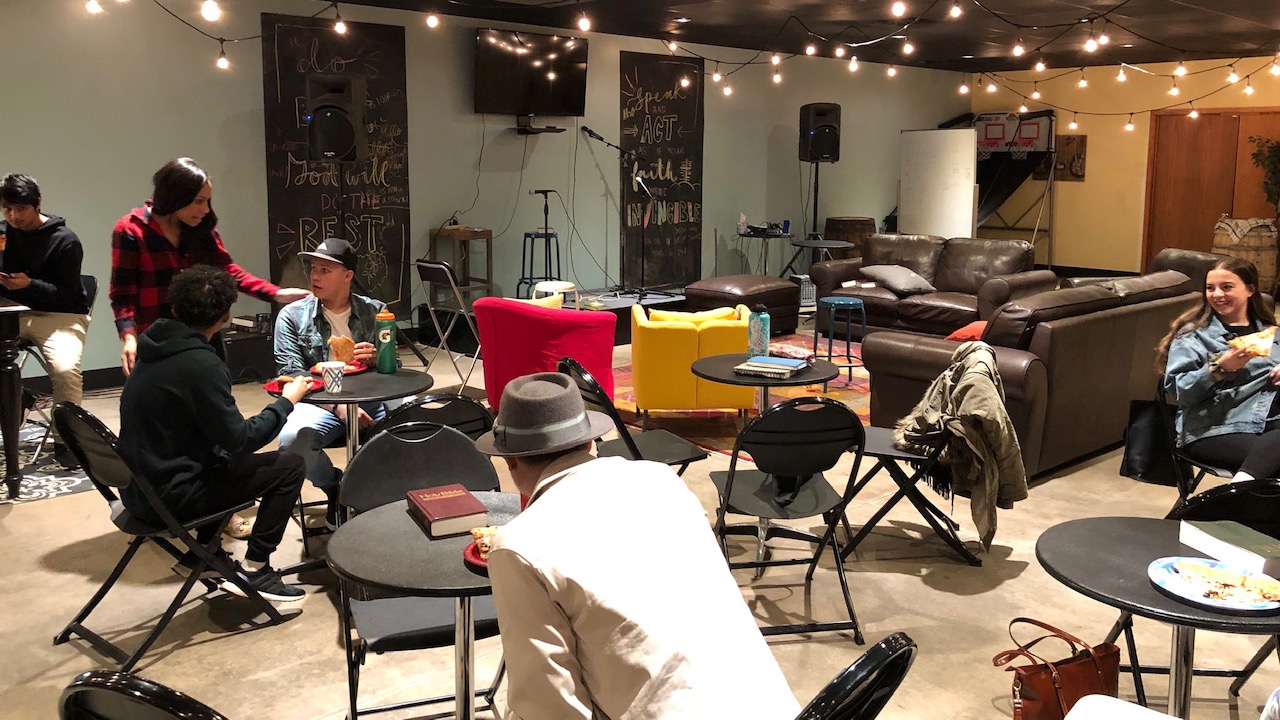Denver, Colorado … I am a millennial. I am young enough to use google as a verb, but old enough to have owned mix tapes. I refuse to shop at Walmart because of the labor conditions in their Asian factories, and yet I will admit I have no idea who my state representatives are. That is the millennial generation. A passionate sea of contradiction and controversy. Our parents told us that we could follow our dreams and our hearts. As a result, we travel on a dime, fight for the acceptance of all people, while at the same time being the most narcissistic generation in history by a long shot. It’s almost as if millennials are pinned between technology and a deep need for fulfillment, and so we grab onto the new, while feeling nostalgia for the way things used to be.
One more characteristic of millennials is that we want change in our churches. We don’t do things just because that is how they have always been done. We question tradition, we are skeptical of titles, and we believe each individual should be seen, known, and heard.
Research from the Barna Group says that only 4 percent of millennials, ages 22-35, are Bible-based believers. In fact, the Barna Group says that,
- Only 2 in 10 Americans under 30 believe attending a church is important or worthwhile (an all-time low).
- 59 percent of millennials raised in a church have dropped out.
- 35 percent of millennials have an anti-churchstance, believing the church does more harm than good.
- Millennials are the least likely age group of anyone to attend church (by far).
Millennials are the most educated generation to date. Roughly 34 percent of us have a college degree. This is a generation of people who were taught to ask questions. And so we do. We ask questions of our government, we ask questions of our bosses, and we ask questions of our church.
Millennials are the most impatient generation this world has ever seen and studies are now showing that millennials will click off a web page if it takes more than 3 seconds* to load. What implications may this have for our services?
Marcus Lemonis, best known from CNBC’s hit show, The Profit, said the key to keeping millennials fulfilled and happy is to give them the “opportunity” to make a difference in the workplace.
As a church, I believe we can learn a lot from the research that is being done on millennials in the workplace. Understanding how millennials function in their careers, could help churches understand how millennials might perceive their place of worship.
We started reENVISION Change because we wanted to stand in the gap of our church and our generation. We wanted to provide a space for people to get what Marcus Lemonis called “the opportunity to make a difference.” We are living in the day and age where everyone gets to be seen and heard, and then we tell people they have to sit down and be quiet in our pews. We wanted to try something different that we hoped may attract young adults, so we started asking the people who attended our Saturday night services, to participate in them. If you are coming, could you sing a song, share a welcome, write a poem, or deliver the prayer?
The goal of reENVISION Change is to create a church environment that is based on participatory experience. Each month, a different young adult is asked to participate in the service in some way, and our hope is that every year, each person attending will have stood on our stage at least one time.
We have 50-80 people who come to worship with us each month at LifeSource Adventist Fellowship. Eighty percent of those people don’t attend our church, with probably 40 percent of those, not being Adventist at all. And we want them all to participate anyway. Because we believe the best way to feel ownership of something is to start participating in it.
After each service, we do an event that is focused on building community. That way people who come alone can leave feeling like they were a part of something bigger than themselves. We have basketball tournaments and volleyball nets, we have done spoken word poetry slams and open mic nights. We do board games and free food. Young Adults don’t just want a church service; they want a relationship, and we want to reENVISION a change that makes them feel included.
Eighteen to thirty-five year olds kept telling us that they didn’t need church, so we try to provide a culture where the church needs them.
–Seth Day with Dr. Heather Thompson Day, photos by Mickey Mallory





